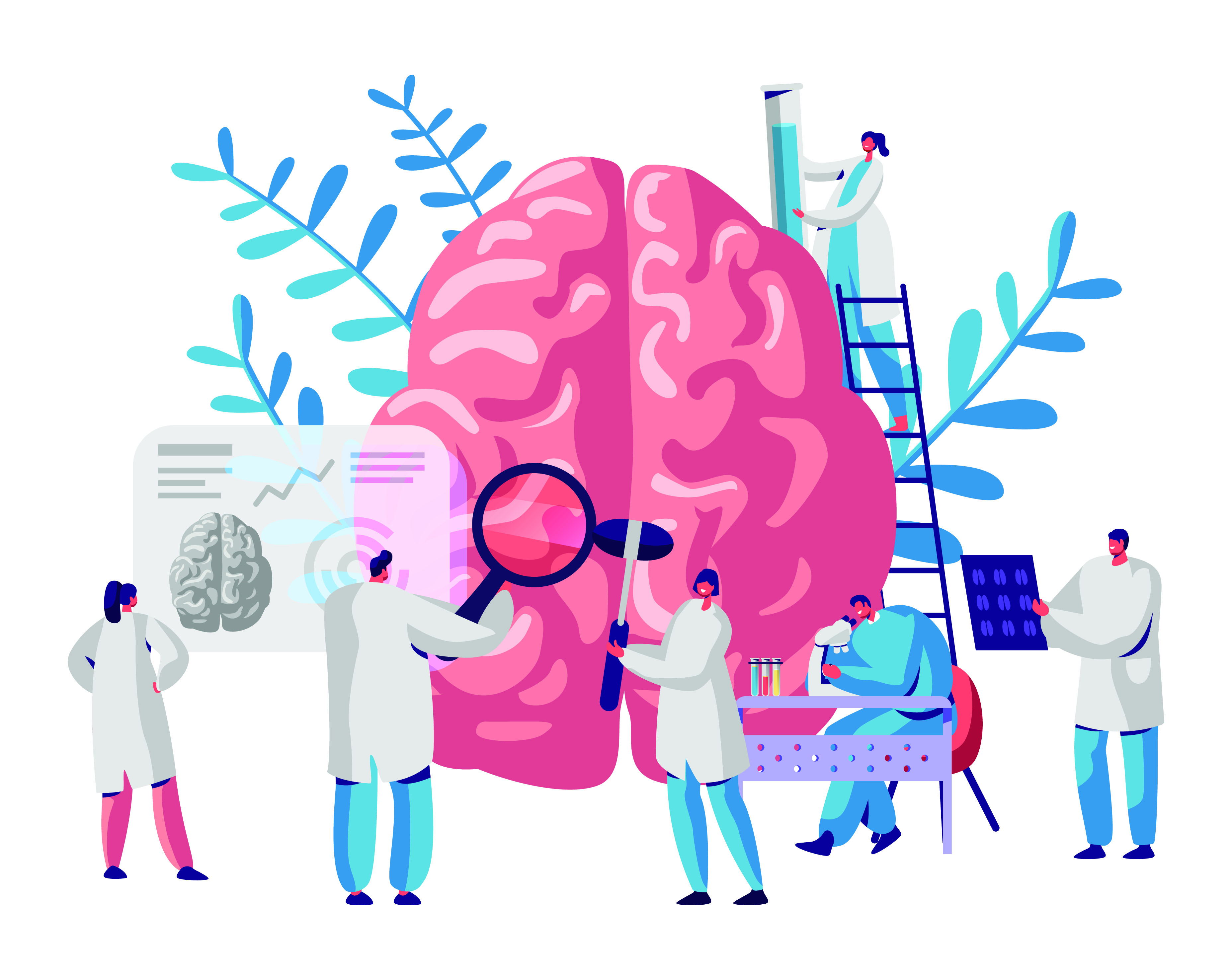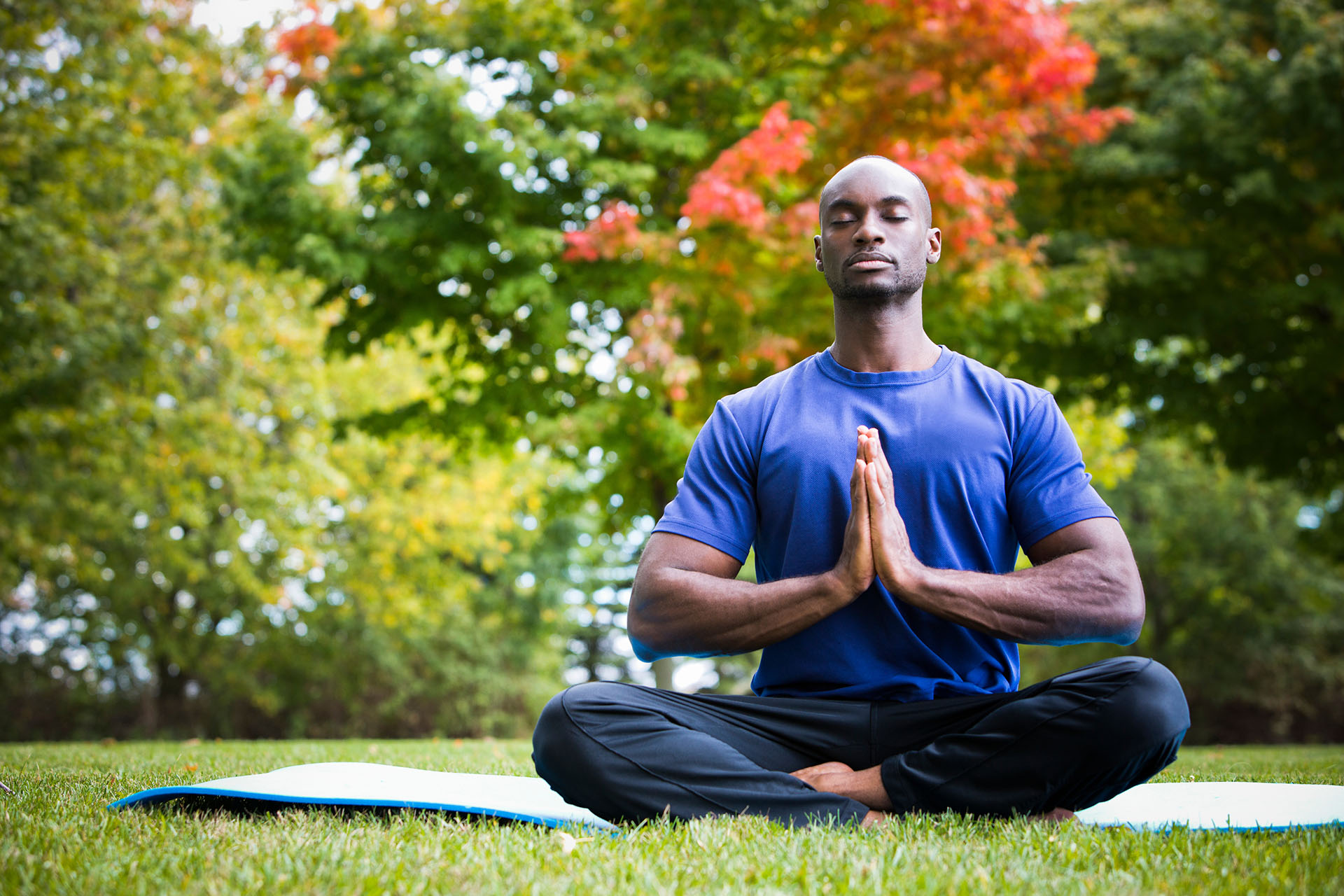Mindfulness at School Improves Learning Skills
New research from Australia shows classroom-based mindfulness lessons for young children can aid the development of executive function—a set of skills that are key to academic and social thriving—while also building stress resilience.
Of 91 kindergarten- to second-graders who participated in a classroom-based program, two-thirds were offered mindfulness instruction during the first part of the study. The remaining third, serving as a control group, received lessons when the study was done. At set times each day, teachers (who had minimal prior experience in teaching mindfulness) had children listen to the sound of a gong. They could also add mindfulness-based activities like reading, making crafts, or taking mindful moments. Students also did breathing and body-scan exercises.
Classroom-based mindfulness for young children can aid the development of skills that nurture academic and social thriving.
At the end of the semester, students in the mindfulness classrooms were better able to pay attention, regulate their behavior, shift between tasks, plan, organize, and monitor their responses than the control group; teachers also reported the former showed greater attention and concentration skills and more prosocial behavior.
Daily Body Scan Reduces Stress
A daily body scan may reduce stress’s impact on mind and body, a new study finds. German researchers assigned 47 young adults to either a body scan group or an audiobook control group. Body scan group members practiced a Mindfulness-Based Stress Reduction–based body scan. Book group members listened to an audiobook of a novel. Both groups were asked to listen to their recordings for 20 minutes per day for eight weeks. Before and after, researchers took strands of participants’ hair (to measure cortisol and DHEA, which are biomarkers of stress), and had them complete a questionnaire about their stress level. Cortisol and DHEA values found in hair reflect long-term stress patterns.
After eight weeks, cortisol levels declined in the body scan group, but went up in the audiobook group. The body scan group also experienced a greater decrease than the audiobook group in their cortisol to DHEA ratio, meaning they showed less biological stress than did the controls. Interestingly, people in both groups reported less psychological stress at study’s end.
Brief Mindfulness Intervention May Improve Emotion Processing
A new study finds just one week of meditation may loosen the grip of negative emotions. Researchers in China assigned 46 college volunteers to either a mindfulness meditation intervention group or an emotion regulation education group. Meditation instruction was based on core concepts of mindfulness and the breath, and delivered via a short lecture on mindfulness theory, followed by seven days of 15-minute, audio-guided group meditation sessions. The emotion-regulation education group attended a lecture on recognizing and regulating their emotions, then practiced alone for 15 minutes per day for the next seven days. Before and after, both groups filled out questionnaires about their depression and anxiety symptoms and underwent computerized tests that assessed their emotional intensity, emotional memory, and attention.
After training, depression and anxiety scores didn’t change significantly for either group, but those in the meditation group had better emotional memory and were less likely to pay attention to negative emotion. They also reported feeling less positive and negative emotional intensity than the controls. More research is needed to see whether brief interventions can reliably boost people’s moods.
Read More
How to Fight Stress with Intentional Breathing
This simple yet effective form of deep breathing defuses the stress feedback loop and teaches your brain and body to relax.
Read More
How the Body Scan Meditation Practice Reduces Biological Stress
A daily 20-minute body scan practice may reduce your mental and physical stress levels, according to new research.
Read More
7 Things Mindful Families Do Differently
Busy schedules, digital devices, long commutes—all of this leads to families who are disconnected from each other as never before. Here are 7 ways mindfulness can strengthen your relationships, increase your well-being, and bring the family back together.
Read More










